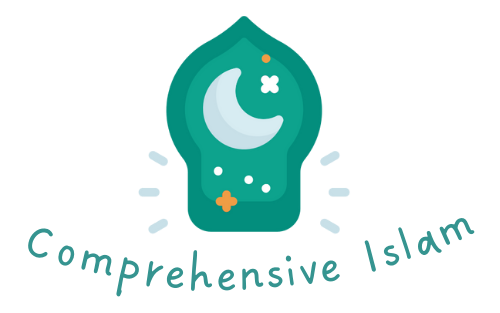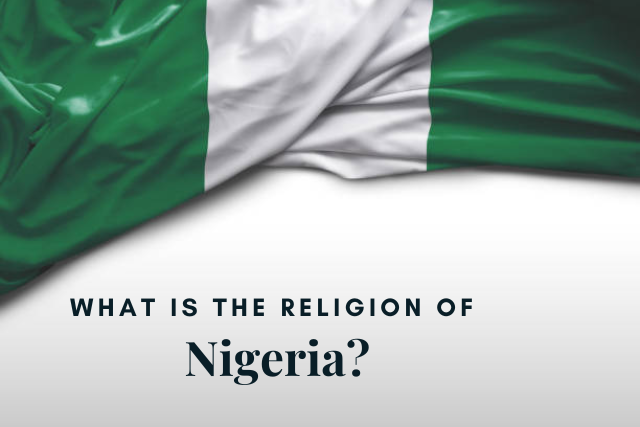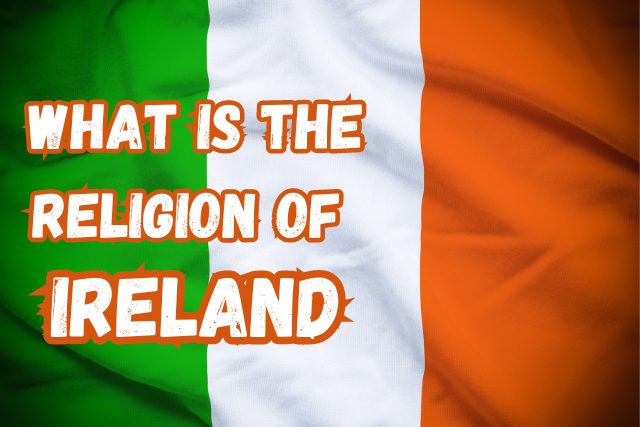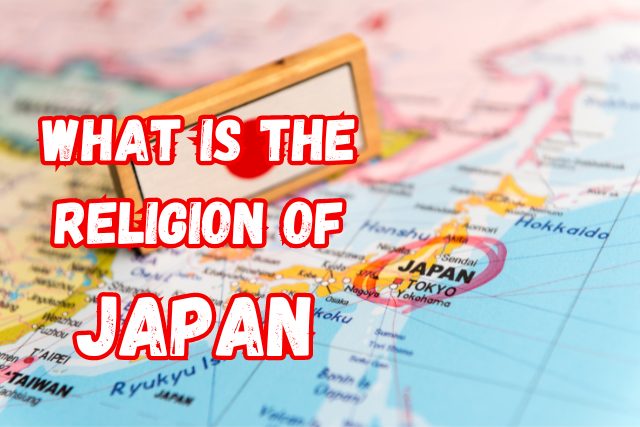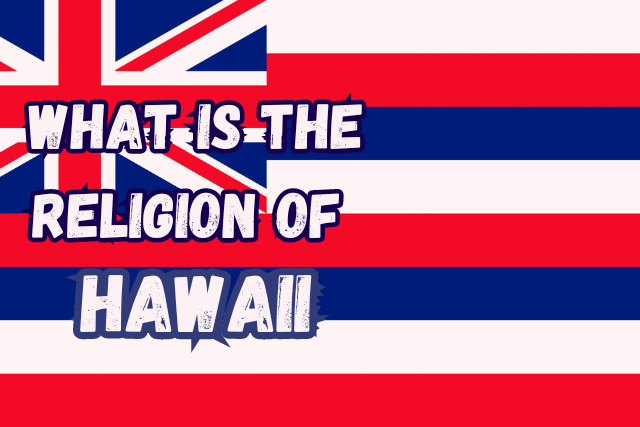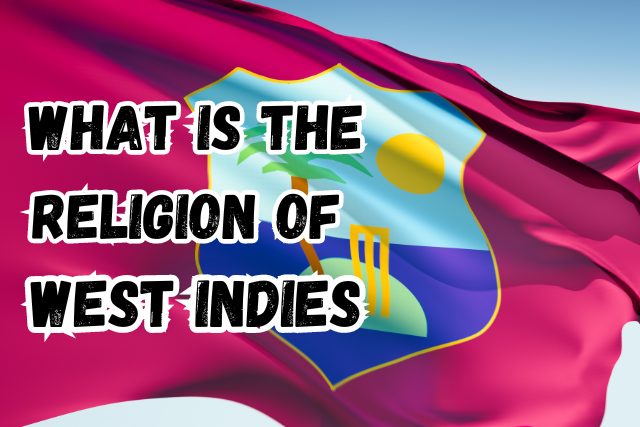What is the Religion of Mexico? A 2024 Exploration
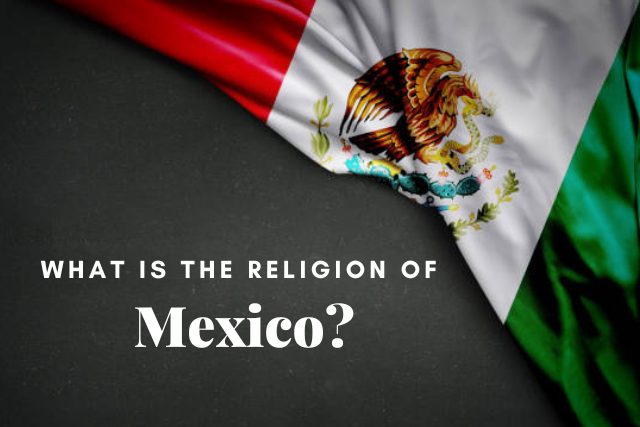
In Mexico, people believe in many faiths. But are the main religion of Mexico?
In this blog post, I’m going to explore what is the religion of Mexico. Plus, I’ll talk about the different religions in Mexico and what they mean to people.
So let’s start the journey.
What is the Religion of Mexico?
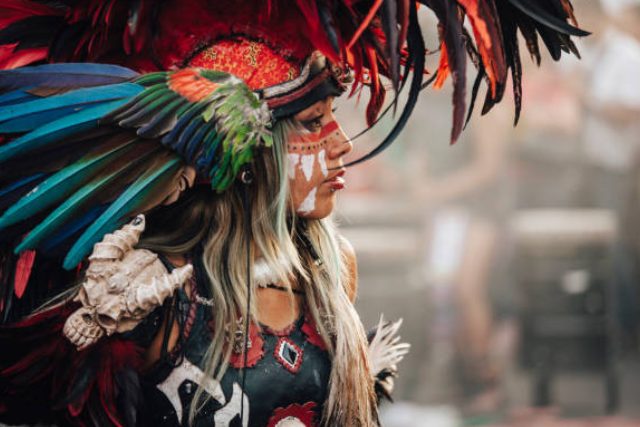
In Mexico, most people are Roman Catholic. Catholicism came to Mexico when Spain ruled there in the 16th century. It’s been a big part of Mexico’s culture and history ever since. But Mexico has other religions too. There are indigenous religions, Protestantism, and other types of Christianity.
Also, there are smaller groups of Jews, Muslims, and people from other faiths living there.
Catholicism in Mexico: A Story Carved in Stone and Spirit
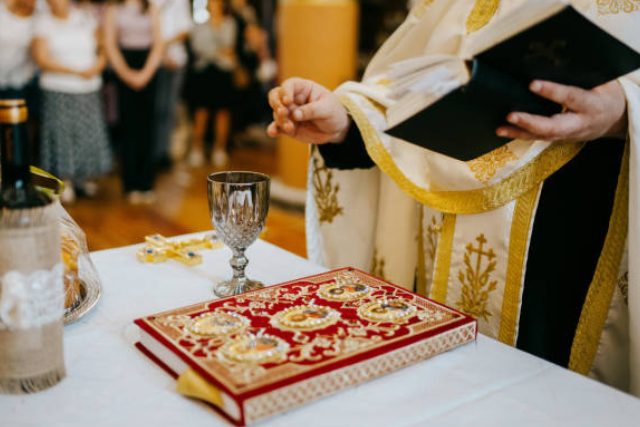
When Spanish conquerors came to Mexico in the 16th century, they brought more than just political change—they also introduced Catholicism, a major religion. Catholicism, with its fancy ceremonies and focus on devotion to saints and the Virgin Mary, found a welcoming place among the native people. Huge cathedrals, like the amazing Basilica of Our Lady of Guadalupe, which draws millions of visitors every year, show how strong this faith is. The Virgin of Guadalupe is especially important; she’s like a mix of Catholic beliefs and old Aztec traditions.
This mix of cultures goes beyond just buildings and pictures. Every day in Mexico, you can see how significant Catholic beliefs are. People say things like “Si Dios quiere” (God willing) before starting something new, and there are big festivals to celebrate saints and religious holidays. Catholicism has become a big part of Mexico’s culture.
But things are changing in the 21st century. While most people in Mexico still say they’re Catholic—about 78% according to a 2020 government survey—some are looking for different kinds of faith. Meanwhile, across the world, Catholicism has also left its mark, from the grand cathedrals of Spain to the humble churches in rural Russia.
The Rise of Protestantism: New Voices Join the Chorus

Protestant churches in Mexico are becoming more popular and diverse. Churches like Pentecostal and evangelical ones, which focus on personal experiences and a direct connection with God, are getting more followers. Especially in southern Mexico, these churches are growing fast because they offer a faith that feels more personal to many people.
There isn’t just one kind of Protestant church in Mexico. There are different ones, from old Lutheran churches to big, lively megachurches. This variety shows how people in Mexico are looking for faith that fits what they believe.
Other Beliefs: Mexico’s Colorful Spiritual Mosaic

Even though Catholicism and Protestantism are the biggest religions, Mexico is home to many other faiths, too:
Judaism: Mexico has a small but important Jewish community that has been around since colonial times. These communities have had a big impact on Mexico’s culture and economy.
Islam: Islam is still new in Mexico, but it’s growing. Mosques are being built in big cities for the growing number of Muslims.
Buddhism and Hinduism: Eastern beliefs like Buddhism and Hinduism are becoming more popular in Mexico. Even though there aren’t as many followers as in other religions, more and more people are interested in meditation and mindfulness from these traditions.
Secularism and the Non-Religious in Mexico
Mexico’s religious scene is colorful and diverse, with strong Catholic traditions, growing Protestant movements, and ancient indigenous beliefs. But there’s another important aspect: secularism.
In Mexico, everyone has the freedom to choose their own religious path, or even not to follow any religion at all. This idea of secularism, which means keeping religion separate from government, has an interesting history and is becoming more important in modern Mexico.
Mexico’s journey with secularism started when it fought for independence from Spanish rule. At that time, the Catholic Church held a lot of power, so Mexico wanted to keep religion and government separate. This led to laws limiting the Church’s influence, including who could hold office and own land.
Secularism Today: A Growing Idea
Today, secularism in Mexico is still developing. Although Catholicism is widespread, more and more Mexicans are not religious. This reflects a worldwide trend where people prefer to choose their beliefs individually or focus on science rather than organized religion.
What Secularism Means for Mexico
The growth of secularism has several effects on Mexican society:
- Religious Equality: Secularism ensures that everyone can practice their religion freely, without discrimination. This helps create a more inclusive society where different beliefs can exist peacefully.
- Focus on Reason: With less emphasis on religious rules, decision-making in government and society can rely more on evidence and logic. This can lead to fairer policies.
- Individual Choice: Secularism allows people to explore their own spiritual beliefs and choose what fits with their values.
Challenges and Things to Think About
While secularism has benefits, it also brings challenges:
- Tradition vs. Change: Some traditions clash with the rise of secularism. Balancing respect for tradition with personal freedom can be hard.
- Moral Guidance: Some believe religion provides important moral guidance. As faith becomes less important, finding other sources for ethics becomes crucial.
The Future of Religion in Mexico
Mexico’s religious landscape is always changing. Secularism will likely keep playing a big role, making room for a diverse and tolerant society. While Catholicism may stay strong, the increase in non-religious people and other faiths means Mexico’s religious tapestry will stay vibrant for a long time.
FAQs About What is the Religion of Mexico
Is Mexico a Catholic country?
No, Mexico doesn’t have an official religion. But most people in Mexico are Catholic, about 78% of them.
What are some of the biggest religious holidays in Mexico?
Mexico has lots of important religious holidays. Here are a few:
- Day of the Dead (Día de Muertos): Families remember their ancestors with colorful altars decorated with sugar skulls and marigolds.
- Virgin of Guadalupe Feast Day (December 12th): Millions of people visit the Basilica of Our Lady of Guadalupe in Mexico City to honor the Virgin.
- Semana Santa (Holy Week): A serious week leading up to Easter Sunday, with processions and church services.
Is religious tolerance a problem in Mexico?
Mexico’s constitution says everyone can practice their religion freely. While there might be some small issues now and then, different religions usually get along well.
Can I visit religious sites as a tourist?
Of course! Many religious places in Mexico are popular for tourists. Just remember to dress respectfully and follow local customs when you visit.
Summing Up
As we sum up our exploration of the question “What is the religion of Mexico?” We see Mexico has lots of different religions because of its mix of cultures and how society changes over time. There’s Catholicism, but also smaller religions and people who don’t follow any religion. This mix of beliefs shows how diverse Mexico’s culture is.
As Mexico grows and changes, its religions will still be interesting and important for many years to come.
